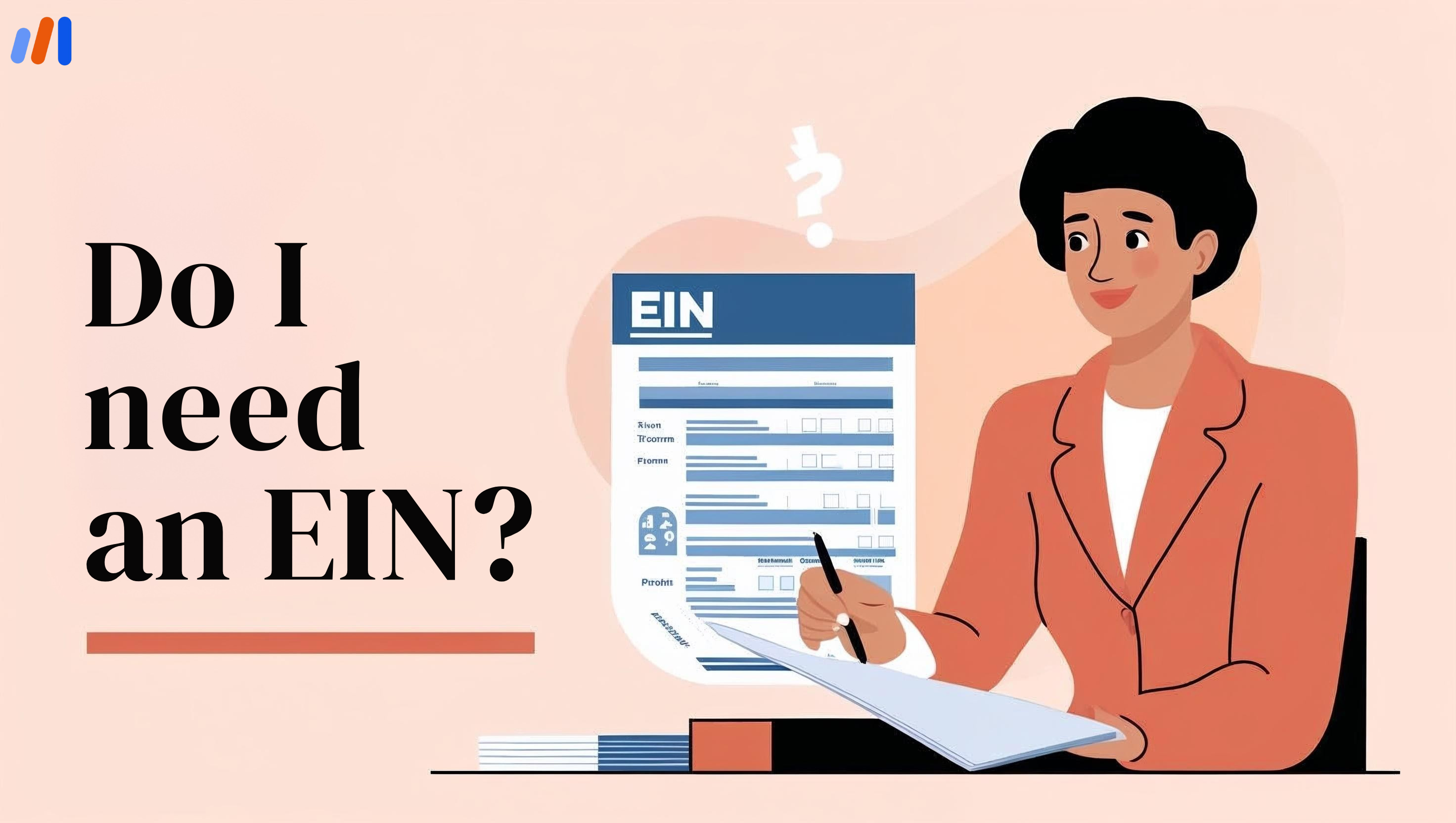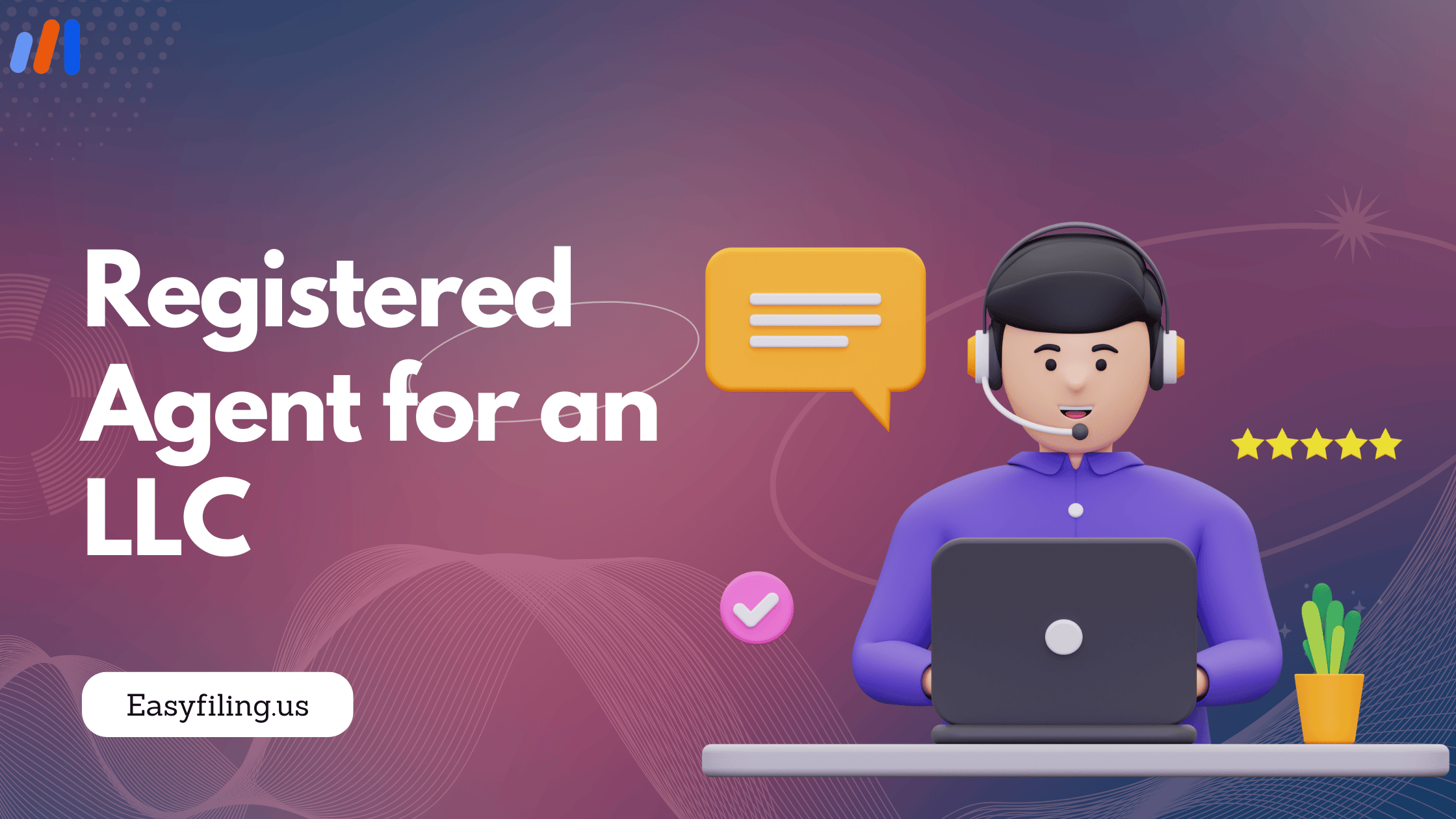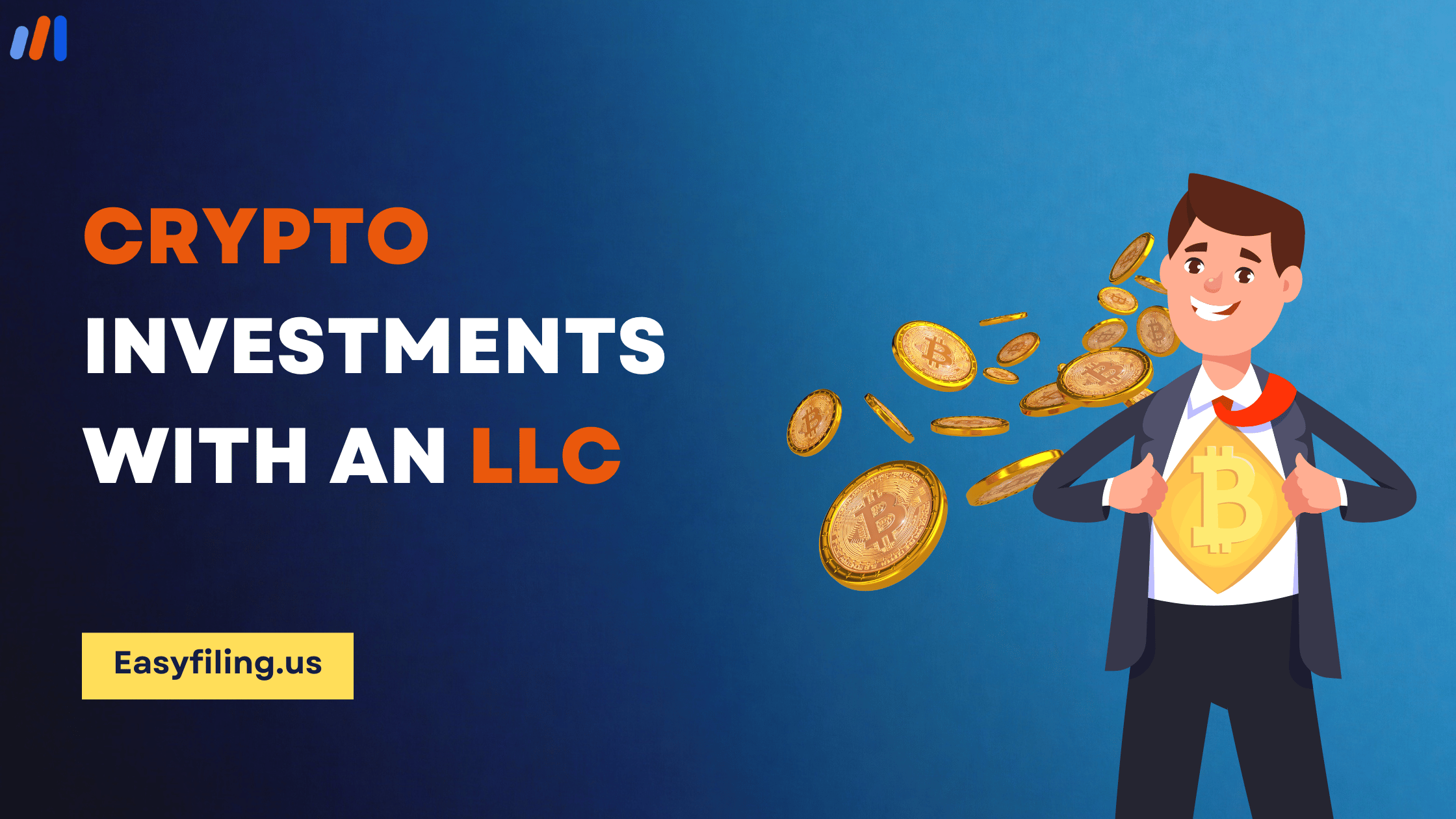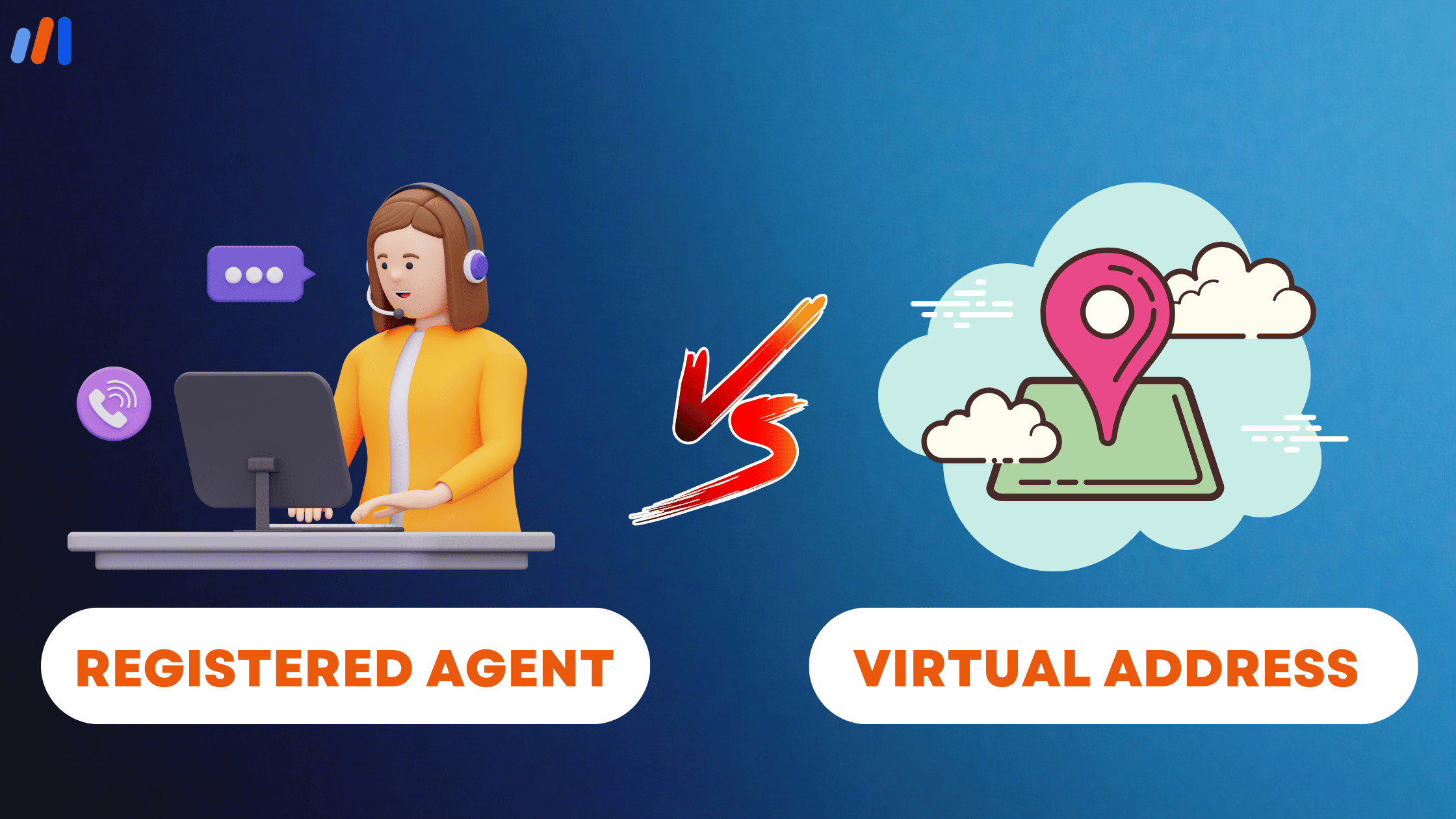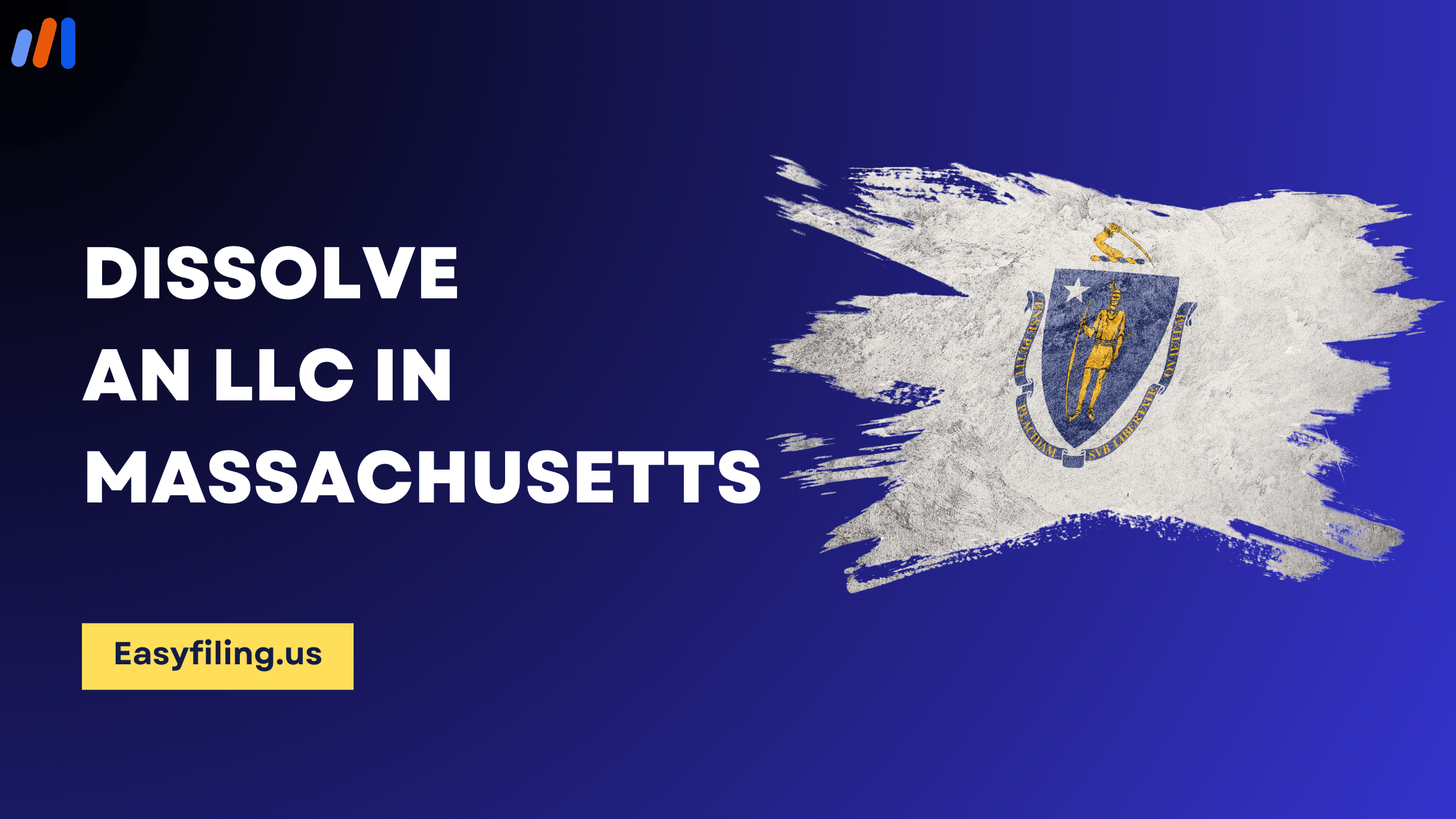Respecting EIN’s relevance is important when undertaking the forefront steps in commencing or elevating the status of a business.
Initially, this process may appear to be administrative in focus due to its methodology, but it actually serves as a foundation for establishing legitimacy, financial readiness, and tax compliance for your venture.
If you’ve ever asked yourself, Do I need an EIN? the answer often lies in understanding your business’s structure and future goals.
This article will break down everything one needs to know about Employer Identification Numbers (EINs), what they are, who qualifies for one, and how to easily obtain one, so you can make an informed decision and avoid unnecessary hurdles.
What is an EIN, And Why Do We Need It?
To understand an IRS number or employer identification numbers easier, try imagining an EIN as a digital fingerprint for a company. Unique to its type, structured in the form of accountability for all business needs for taxation and reporting purposes.
An EIN serves as one of the prerequisites for business tax filings, bank accounts, employee hires, business licenses, and many more. Even if one is a sole proprietor with no staff, sustaining an IRS number might still be a requirement.
Why Is It Important?
An EIN is not just a number. It is a business asset that increases efficiency, professionalism, and simplifies a host of functions simultaneously. Here’s what it unlocks:
- Assistance with tax filing for businesses
- Establishment of employee hiring and payroll systems
- Access to credit and loans
- Elimination of the negative privacy implications of using a SSN
- An EIN is advantageous even when it is not legally mandated. A
A large number of business owners tend to apply for them in the early days of establishing their firm for convenience and future-proofing.
Who Needs An EIN?
If any of the situations below apply to you, you will have to consider applying for an EIN:
Limited Liability Companies (LLCs) and Corporations: Almost all structured entities, regardless of the staff size, require one as it is a structured necessity.
Partnerships: Required for legal and tax filing purposes.
Businesses with Employees: If hiring employees now or later is part of the business plan, it is required to maintain payroll compliance.
Sole Proprietors: Especially those with plans of hiring employees, setting up retirement accounts, or applying for various licenses.
Trusts & Estates: Needed to manage and file financial reports of the trust or estate in question.
Nonprofits & Religious Organizations: Necessary for filing reports to the IRS and grant reporting. Moreover, most banks and credit card companies will not entertain an application without an EIN associated with it.
Advantages of Having an EIN
EINs might not always be necessary, but they do add incredible value to a business’s arsenal. Here’s how EINs help entrepreneurs:
1. Open a Business Bank Account
Getting an EIN is the minimum requirement for most banks to open a business checking account. It also assists in keeping personal and business finances separate, which is paramount for alleviating taxes or liability.
2. Legally Hire Employees
An EIN is required to submit employment tax returns and payroll, also known as headcount tax. Hiring without an EIN would make the processes non-compliant.
3. Initiate Business Credit
Establishing business credit starts with an EIN. This can assist with vendor accounts, loans, leases, lending, and expansion.
4. Streamline Tax Filings
Sole proprietors do not need to utilize their SSN, which fosters privacy and alleviates risks regarding identity theft.
5. Increase Business Reputation
Professionals such as vendors, clients, and even investors consider EINs a display of commitment towards genuine business conduct.
Step-by-Step Instructions for Getting an EIN
These are the exact steps one needs to follow to apply confidently the first time. Apply for EINs with more clarity and easily, as it doesn’t require as much effort as one would presume.
Step 1: Check Requirements
- Make sure to have the following before you go apply:
- A SSN, ITIN, EIN, or other tax ID number
- The company headquarters are based in the U.S or overseas territories.
- A “responsible party” will serve as the contact person (generally the owner of the business)
- International applicants can apply as well, but must do so through phone or post.
Step 2: Choose Your Preferred Method of Application
1. Online (Quickest & Recommended)
- Click on the IRS EIN Application Portal
- Quick Approval with instant certificate downloads
- Session completion required (no progress saves)
- Accessible Mon-Fri, from 7 AM to 10 PM, Eastern Standard Time
2. Fax
- Complete Form SS-4 and fax it to (855) 641-6935
- Expect feedback after approximately 4 business days
- Ensure a return fax number is included
3. Mail
- Form SS-4 can be sent to:
- IRS Attn: EIN Operation, Cincinnati, OH 45999
- Processing expected within 4-6 weeks
- Useful for applicants lacking internet access
4. Phone (For International Use Only)
- Dial +1-267-941-1099
- An IRS representative will assist you in filling out the form
- EIN is issued immediately upon verification
Step 3: Completing SS-4
Show the following details:
- Legal and Trade business name (if any)
- Current and operational addresses
- Business type (LLC, partnership, sole proprietor, etc.)
- Purpose for application (new business, more employees, etc.)
- Business start date
- Annual employee estimation for the first year
- All information must be as correct as possible to avoid approval delays.
Step 4: Submit and Access Your EIN
- Online: Get EIN instantly
- Fax: 4 business days
- Mail: 4-6 weeks
- Phone (International): Instant issuance
IRS Confirmation and Documentation:
You will receive a confirmation letter (Form CP 575) from the IRS that needs to be kept securely, as a banks and some credit reporting agencies, quasi-licensing offices may demand it.
Common Mistakes to Avoid
Avoid the following to beat delays:
- Choosing the incorrect business type in the application
- Omitting mandatory fields
- Duplicate applications with identical information
- Wrongly filed receipts for the confirmation alerts
- Misapplication of support paperwork.
Pro Tip: It is best to keep printed and digital copies of the data about your EIN Confirmation for future reference closer at hand.
Have I lost my EIN?
If your concerns revolve around you having misplaced your EIN, there’s no need to worry, as you can
- Cross-check with previous filings for tax returns, any banking paperwork
- Log in to your accounting software, *if applicable, during the setup stage*
- Reach out to the IRS directly at the Business & Specialty Tax Line: 800-829-4933
Note: While the IRS is willing to assist you in retrieving valid EIN documents, they will not accept the request for the issuance of new documents unless significant structural changes have been enacted.
If you seem to be lost and unsure of where to begin, be it if you’re applying outside the U.S. or you simply wish to sidestep costly blunders, Easyfiling optimizes the experience and handles everything.
Through Easyfiling, you can:
- Avoid the hassle of complicated IRS forms
- Receive specialized business advice from an expert
- Allow experts to speak to the IRS on your behalf
- Avoid wasting time and costly rejection errors
- Get assistance without an SSN or ITIN
- Concentrate on expanding your business with simplified proprietary support while Easyfiling handles your EIN application.
Final Thoughts
In the swift business environment of today, securing an EIN is more than the typical step, it helps keep your business legally compliant, separates your personal finances, and aids in organizational growth.
Startup owners, newly hired employees, or tax season need not worry, as having an EIN makes being professionally prepared one step easier. And there’s more:
It’s free, simple, and accessible to all U.S.-based entities, even international founders. Don’t let legal necessities push you into a corner. Apply for your EIN now and reap the full advantages of what your business has to offer.
Frequently Asked Questions (FAQs)
1. What is an EIN, and what purpose does it serve?
An Employer Identification Number (EIN) is a distinct nine-digit number the IRS allocates for your business’s tax obligations. You need it to pay business taxes, have employees, get a business bank account, and apply for tax licenses. Even as a sole proprietor, having an EIN fosters trust and keeps your SSN private.
2. Who applies for an EIN?
Any business with employees, partnerships, corporations, or certain tax returns needs one. A range of trusts, estates, nonprofits, and many sole proprietors also require an EIN, especially if they intend to set up a business bank account or hire staff down the line.
3. Is getting an EIN free, and how do I apply?
Getting one is as easy as applying for free on the IRS’s official site. You can also submit via fax, mail, or phone for those outside the country. The quickest option is online, where the EIN is issued right after.
4. Can I get an EIN if I don’t have employees?
Yes. For various reasons, such as opening a bank account, seeking business credit, operating under a business name, or applying for licenses, some entrepreneurs apply for an Employer Identification Number (EIN) even in the absence of employees. It helps in keeping business and personal finances distinct, too.
5. What should I do if I lose my EIN?
Check your prior IRS correspondence, bank statements, or filed tax returns first. The IRS Business & Specialty Tax Line at 800-829-4933 can also help you restore access to the information. Your business will retain this number indefinitely, unless the entity structure changes.
File Your LLC Today
25$ off with a coupon
Lock in EasyFiling's transparent rates and get lifetime compliance support at no extra cost.
Get Started Now